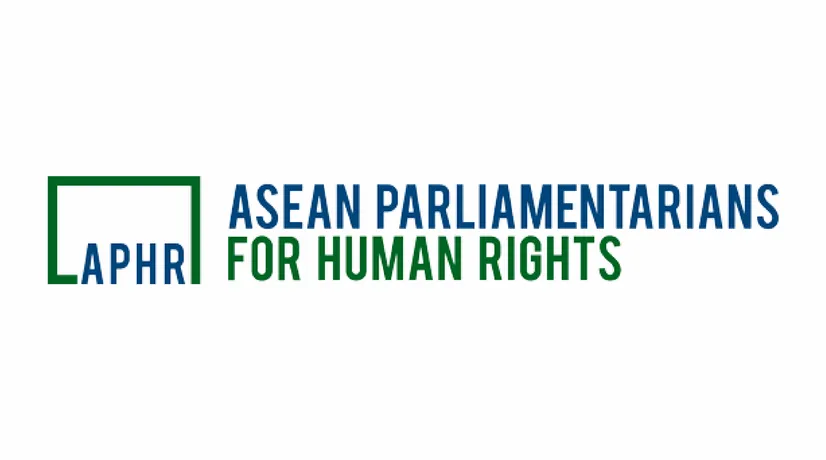New Report from APHR: Summary of Findings from Mission to Bangladesh Covering the Rohingya Crisis
06 March 2018

JAKARTA, 6 March 2018 – ASEAN Parliamentarians for Human Rights (APHR) today released, “The Rohingya Crisis: Past, Present, and Future,” a summary report of findings from a fact-finding mission to Bangladesh undertaken by members of the organization in January 2018. The delegation, which included current and former legislators from Indonesia, Malaysia, Singapore, and Thailand, traveled to Dhaka and Cox’s Bazar from 21 to 24 January and visited the camps where hundreds of thousands of Rohingya refugees have settled since the start of a brutal military crackdown in Myanmar’s Rakhine State on 25 August 2017.
Speaking to refugees, as well as government officials and stakeholders providing humanitarian assistance, APHR gathered information on human rights violations that Rohingya experienced in Myanmar, as well as rights concerns affecting Rohingya in Bangladesh. The delegation also sought to gain a clearer understanding of the proposed repatriation of Rohingya refugees to Myanmar, amid concerns about the potential for unsafe and involuntary returns.
“Visiting the camps and speaking directly with refugees provided an important window into what they want and need. The harrowing stories we heard only bolstered our collective resolve as regional lawmakers to speak out and promote accountability and justice for the undeniable atrocities perpetrated against them,” said APHR Chairperson and Malaysian MP Charles Santiago, who led the delegation’s visit to Bangladesh.
APHR’s latest findings build on the organization’s previous work on the human rights situation in Myanmar and compliment a wide body of additional research and documentation being carried out by other groups. They also reemphasize the importance of more robust action from ASEAN and member governments to address the crisis.
“The Rohingya crisis is truly a regional one and requires a regional response. It’s clear that ASEAN has an important role to play, but the regional grouping has yet to act decisively. Our report looks specifically at the question of what ASEAN can do, and provides concrete recommendations for how ASEAN and member state governments can step up,” Santiago added.
Contact:
Phone: +66 99 278 7334
Email: [email protected]
၎
င
၎
၎
Announcements
28 February 2025
Asian NGO Network on National Human Rights Institutions , CSO Working Group on Independent National Human Rights Institution (Burma/Myanmar)
Open letter: Removal of the membership of the dis-accredited Myanmar National Human Rights Commission from the Southeast Asia National Human Rights Institution Forum

Progressive Voice is a participatory rights-based policy research and advocacy organization rooted in civil society, that maintains strong networks and relationships with grassroots organizations and community-based organizations throughout Myanmar. It acts as a bridge to the international community and international policymakers by amplifying voices from the ground, and advocating for a rights-based policy narrative.